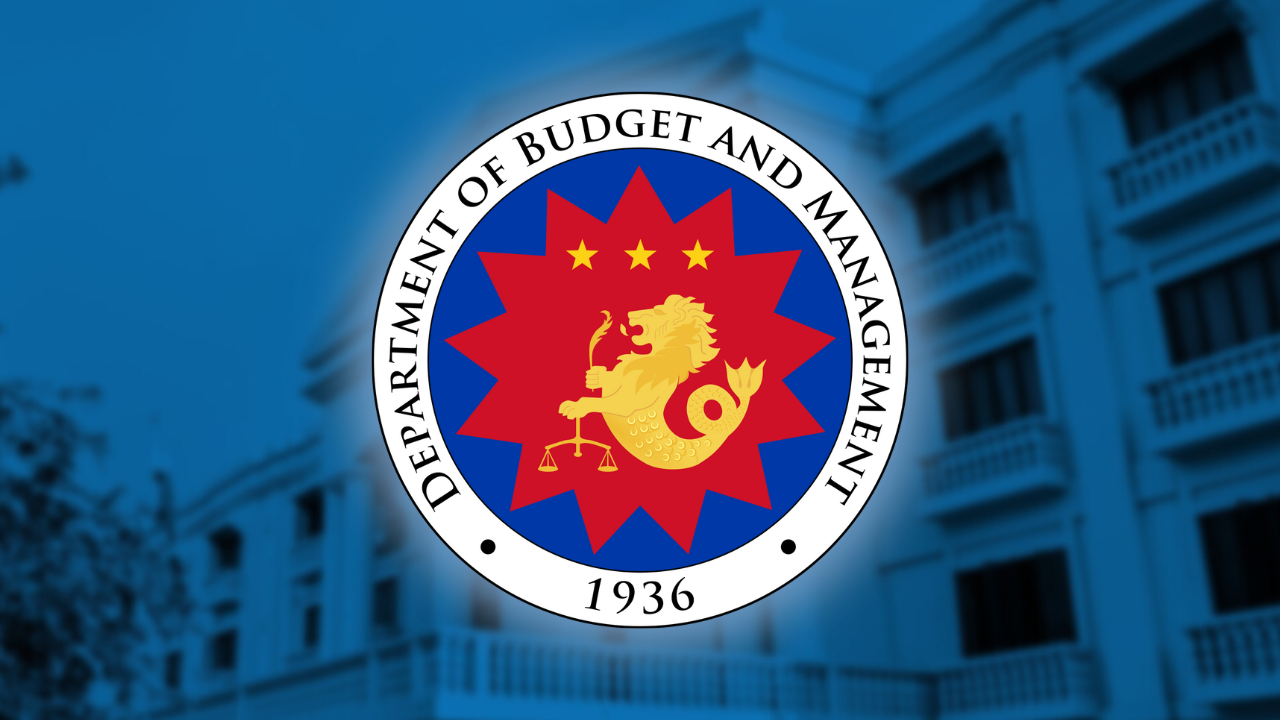Heads of SUCs protest P14-B budget cut, seek more funding for 2025
MANILA, Philippines — Officials of 38 state universities and colleges (SUCs) asked Congress on Tuesday to not only restore the P14.38 billion slashed from their proposed budget next year but to also raise their funding, citing the need for a higher budget amid a surge in the number of their students.
The Department of Budget and Management (DBM) has approved a budget of P113.75 billion for SUCs in the 2025 National Expenditure Program (NEP), down from last year’s P128.13 billion.
Under the 2025 NEP, P65.17 billion will go to personnel services, P39 billion for maintenance and other operating expenses, and P9.54 billion for capital outlay.
READ: Huge cut in budget of state universities, colleges hit
The P14.38 billion was taken from the budget for capital outlay, which, according to the SUC officials, cover facilities, equipment, and “other investments” that would serve them for periods beyond 2025.
Article continues after this advertisementAppeal to lawmakers
In a unity statement, they called on Congress to restore the slashed budget and to augment the higher education funding for next year.
Article continues after this advertisement“Additional budget is needed for our learning institutions to regain their public character and provide ample support for student services and faculty development. If our SUCs are expected to carry out their duties as higher education institutions, they must be funded accordingly,” the officials said.
Among those who signed the statement were presidents of the University of the Philippines System, Polytechnic University of the Philippines, Mindanao State University System, Philippine Normal University, Don Mariano Marcos Memorial State University, University of Southeastern Philippines, University of Northern Philippines, University of Rizal System, Cavite State University, Bicol University and Zamboanga State College of Marine Sciences and Technology.
Education crisis
They lamented the crisis in the country’s higher education system, saying, “Going through the world’s worst and longest school closure has had lasting impacts on the educational community and has presented challenges for administrators, teachers, staff and students alike.”
“Academic spaces have been shrinking and becoming less conducive, and the services that enable a student to learn unhampered leave more to be desired,” they added.
According to them, it was important now more than ever for the government to “recognize, respect, and uphold the Filipino people’s right to education.”
